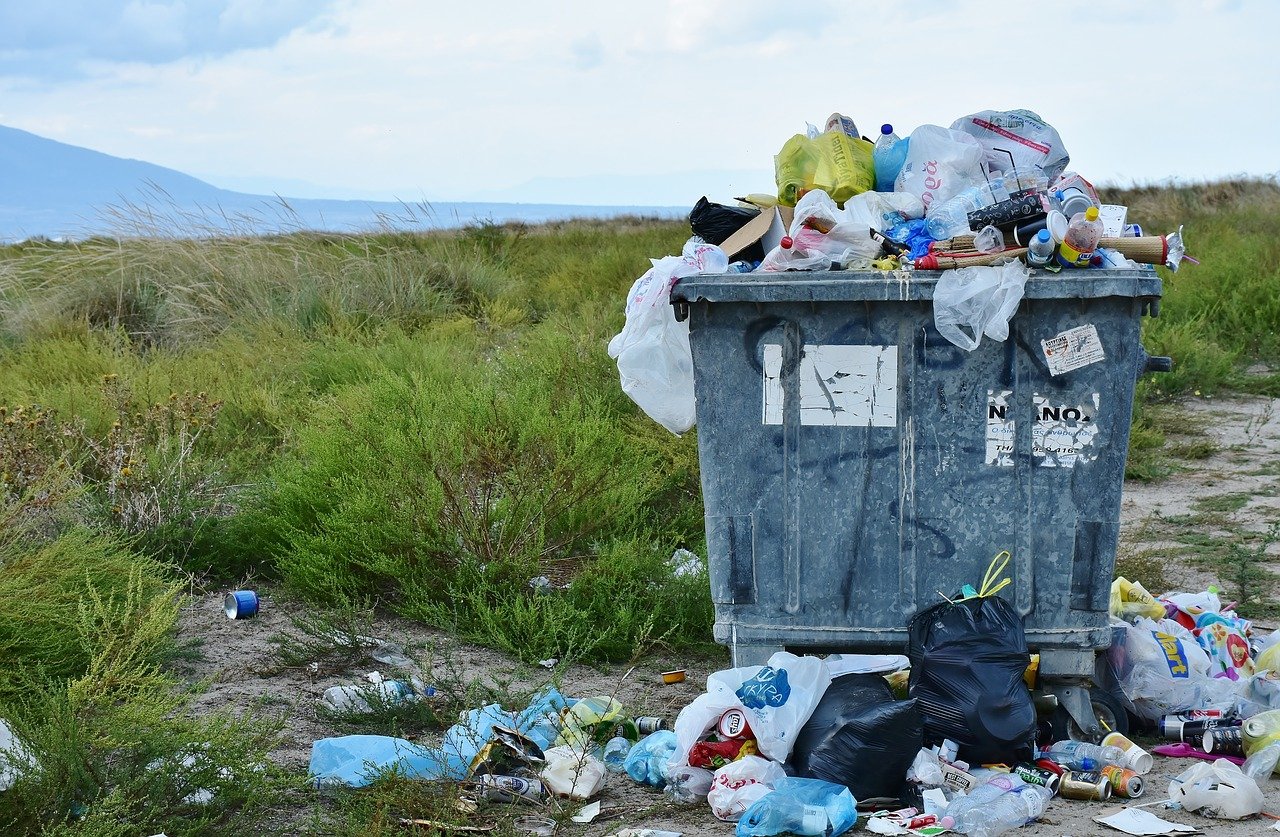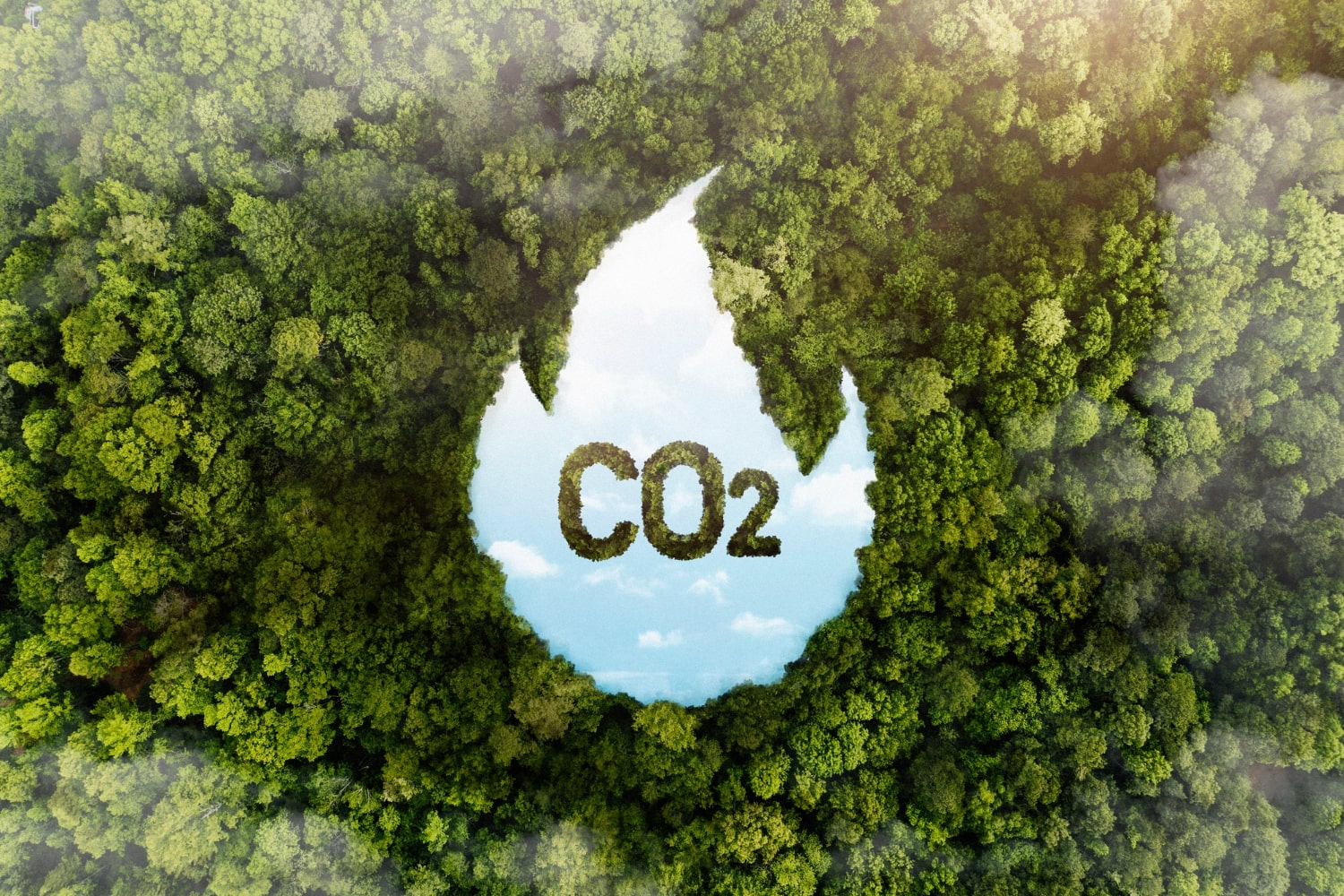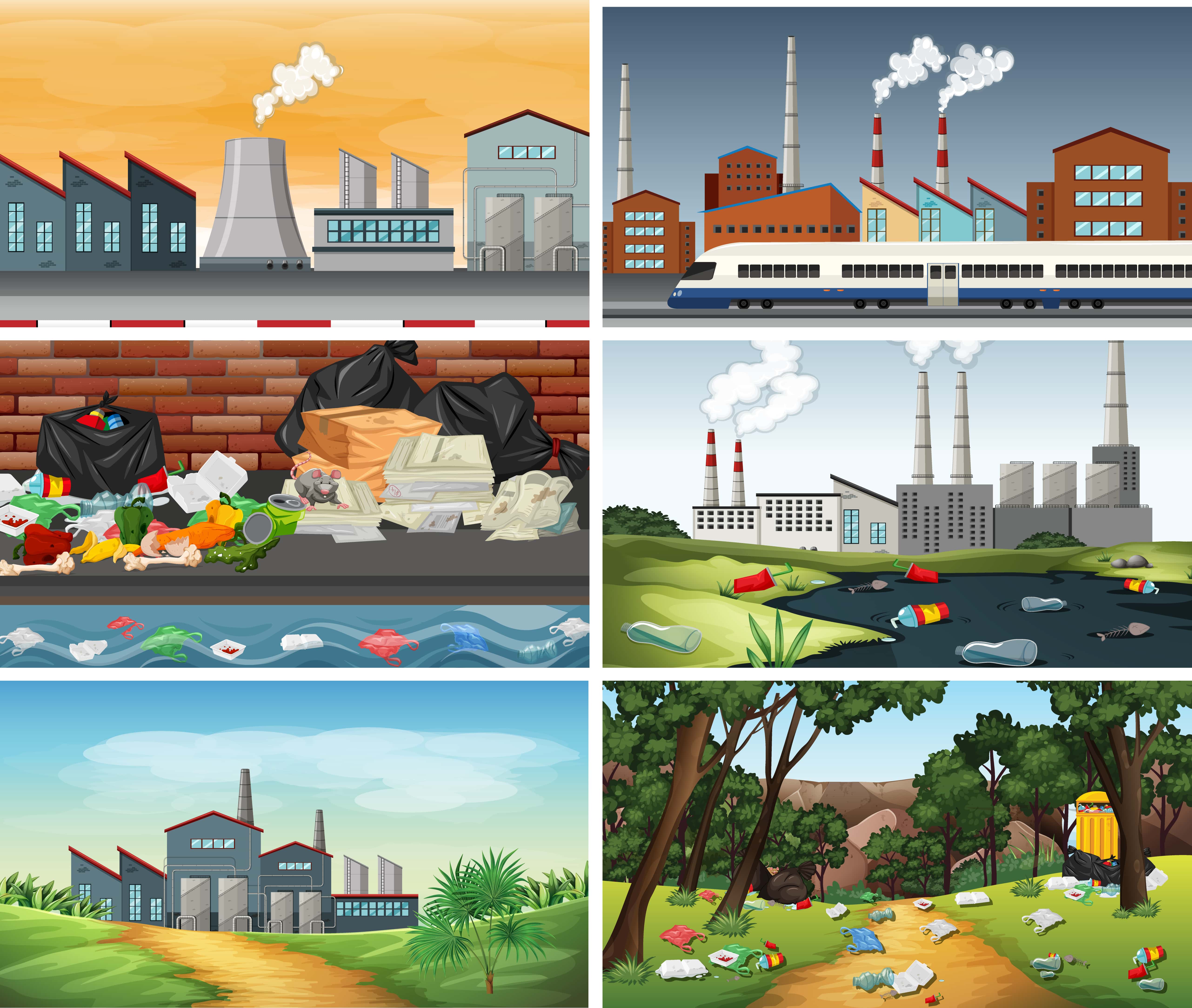Blog / Social / A case for digital minimalism

A case for digital minimalism
January 30, 2021 by SolidFish TeamYou may live a minimalist lifestyle, do what you can to protect the environment and like to choose sustainable options. But did you know that there’s one area you might not have considered which contributes to damaging the planet?
It might surprise you to discover that your digital footprint has a real-world impact, and the answer to solving it lies in embracing digital minimalism.
What is digital minimalism?
Our digital lives affect the environment, and at SolidFish, we are conscious of this. Digital minimalism is all about cutting down the volume of data you’re storing on the internet via cloud storage, deleting data you don’t need to save when you’re finished with it, and only saving relevant data which you need.
In this way, digital minimalism is just like the increasingly popular minimalist lifestyle approach to possessions in the real world. This minimalist lifestyle encourages individuals to be careful and selective about the things they choose to keep and, focus on the things that matter. We can see online storage just as the limited storage in a minimalist home.
Why is digital minimalism important to protect the environment?
Dumping data online contributes to the growing need for data centres globally, which consumes a worrying amount of the earth’s resources. In fact, on average, sending just one email can emit more than 10g of carbon dioxide into the atmosphere, which is the equivalent of the carbon footprint of a plastic bag[1].
More than 300 billion emails were sent and received every day in 2020, with that number expected to grow to over 361.6 billion daily emails by 2024. You don’t need to be a pollution expert to realise that this has detrimental implications on the environment without a sustainable solution[2].
Aside from emails, your other online activity also contributes to this digital pollution. Your data is saved online in ways you probably haven’t realised, whether you’re interacting on social media, streaming videos or shopping online.
While the world’s reliance on online data storage has always been steadily growing, Covid-19 has accelerated the extent to which the world has moved online. With the digital realm becoming our ‘new normal’ for almost all aspects of life, and in turn, creating a need for more online storage than ever before.
A new Yale study recently calculated the environmental footprint of the pandemic-related increase in digital activity, looking at the implications of its carbon emissions, water consumption, and land usage[3].
The Resources, Conservation, and Recycling study found that when people all around first moved their lives online in March 2020, internet usage increased by up to 40% globally. And this required up to 42.6 million megawatt-hours of extra electricity to power the data centres involved and keep up with the high level of data transmission. The study also found that if our digital data habits continue through 2021, this will emit 34.3 million tons of greenhouse gas pollution into the atmosphere[3].
How to embrace digital minimalism to become more sustainable today
While it’s clear that there is an immediate need to cut down on our data storage habits to become more sustainable, the good news is that there are simple changes you can make to your habits today to help the environment.
By cleaning up after yourself online, and deleting unnecessary data after you’ve used it, your online behaviour can affect real environmental change.
The easiest way to do that is by using a sustainable data-sharing platform like SolidFish. This is a revolutionary green way of sharing data and has a self-destruct feature to stop trivial data from taking up vital resources.
Deleting trivial data when it’s no longer needed means that SolidFish can recycle data storage, reducing the need to continue to build more resource-consuming data centres and, making our new-normal system truly sustainable.
Ready to make your data usage sustainable and join the green internet revolution? Head to SolidFish now to find out how the service can help you embrace digital minimalism today.
Sources:
- [UP] The camel that broke the Internet's back: A closer look at the impact of the ever expanding data-centres.
- [UP] Statista: Daily number of e-mails worldwide 2024.
- [UP] ScienceDirect: The overlooked environmental footprint of increasing Internet use.
What to Read Next

